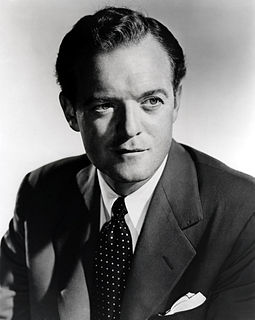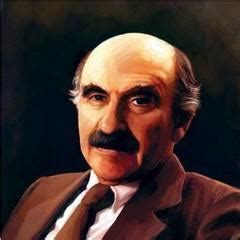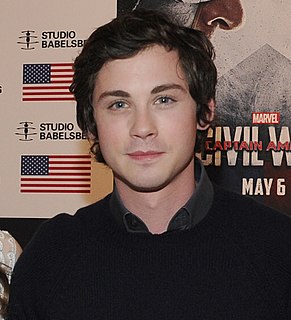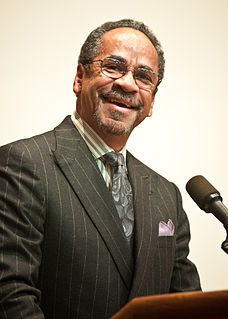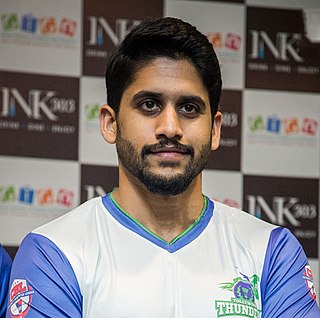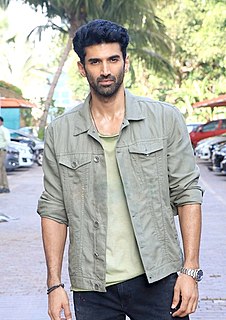A Quote by Van Heflin
I often come across a script I would like to do, but when it comes down to brass tacks I find the producer won't allow enough practice time.
Related Quotes
Practicing meditation is just like breathing. While working we breathe, while sleeping we breathe, while sitting down we breathe... Why do we have time to breathe? Because we see the importance of the breath, we can always find time to breathe. In the same way, if we see the importance of meditation practice we will find the time to practice.
What helped me get the part was that I turned it down. When I read the script, Venus was just a black guy who came in wearing a big coat and a hat and making jive talk. I'd been up for so many of those! I'd had enough of caricatures, what white writers conceive blacks to be. I told the producer I wasn't interested in doing anything like that for three or four years. He said that it was just a pilot, that Venus would be given a human dimension and would be quiet off-the-air. I wanted that input. I thought that side was as important as the comic side. For 'WKRP,' too much of either would be bad.
I felt the sensation of each of the directions I mentally and emotionally turned into amazed at all the possible directions you can take with different motives that come in like it can make you a different person — I’ve often thought of this since childhood of suppose instead of going up Columbus as I usually did I’d turn into Filbert would something happen that at the time is insignificant enough but would be like enough to influence my whole life in the end? — What’s in store for me in the direction I don’t take?
There is a variety of different kind of producers. I'm a very hands-on, creative producer. I find material that I think would make a good movie or TV show, find the right financier/studio/network, hire a writer, get a good script, find a director, and collaborate with him/her to cast the movie and hire department heads.
The criteria [to take or refuse the role] is that I would love to have some kind of dialogue or communication with the director. I need to understand that we can communicate and that we like communication. That's something I have to have a strong feeling about. Secondly, I have to find the script intriguing or interesting. I don't have to understand the whole script, but I do have to find it intriguing. If those two things are present, that would probably be a yes.
